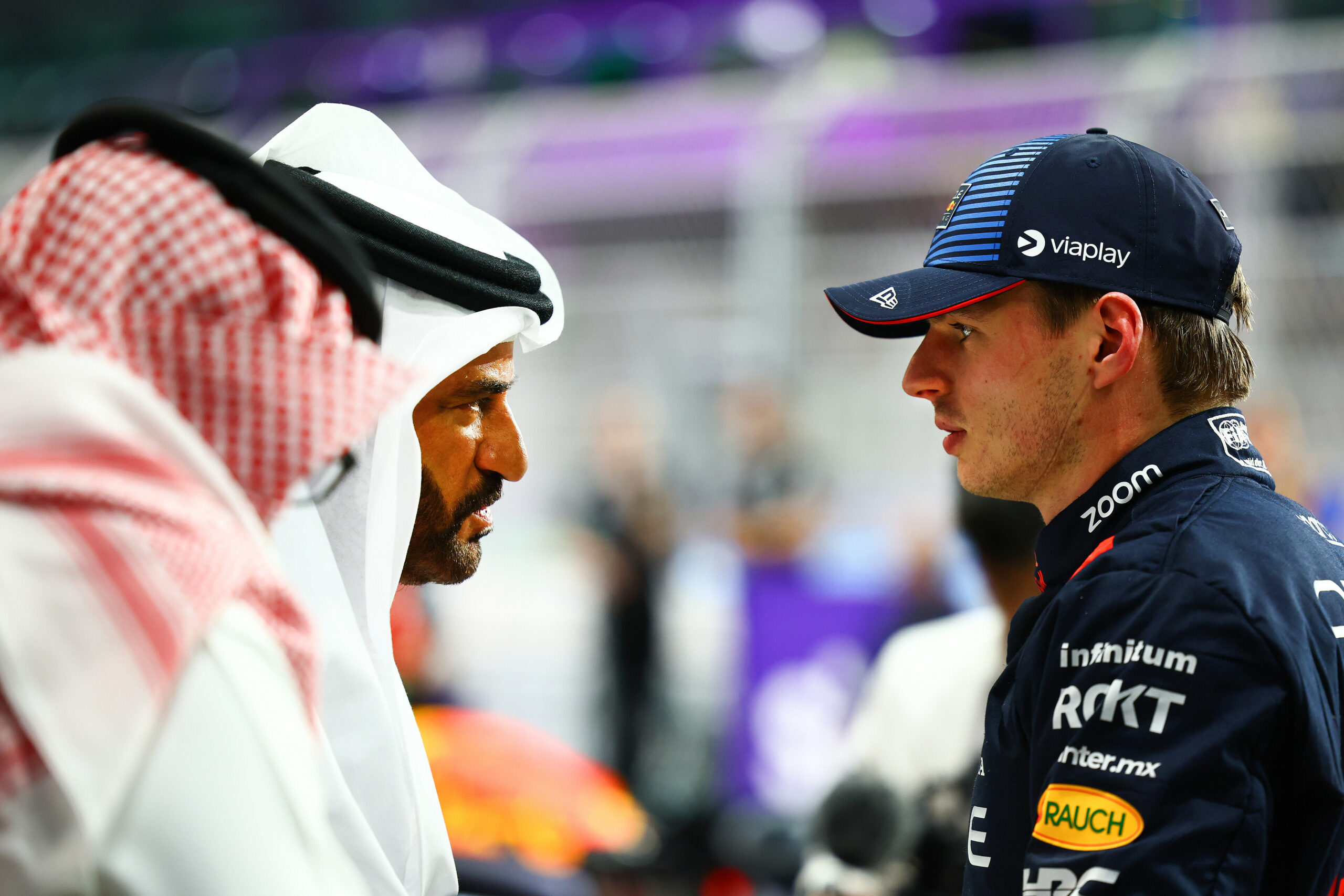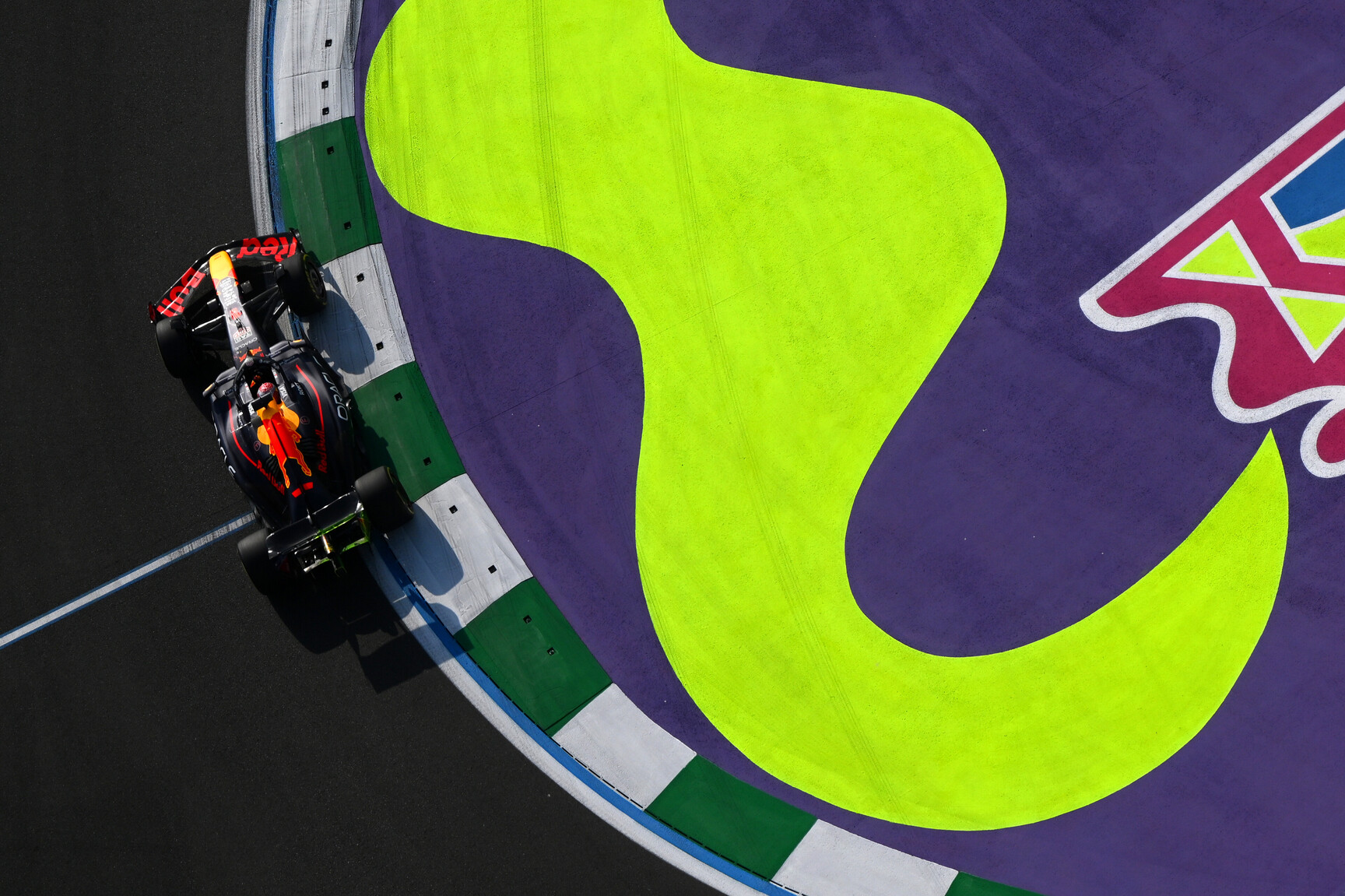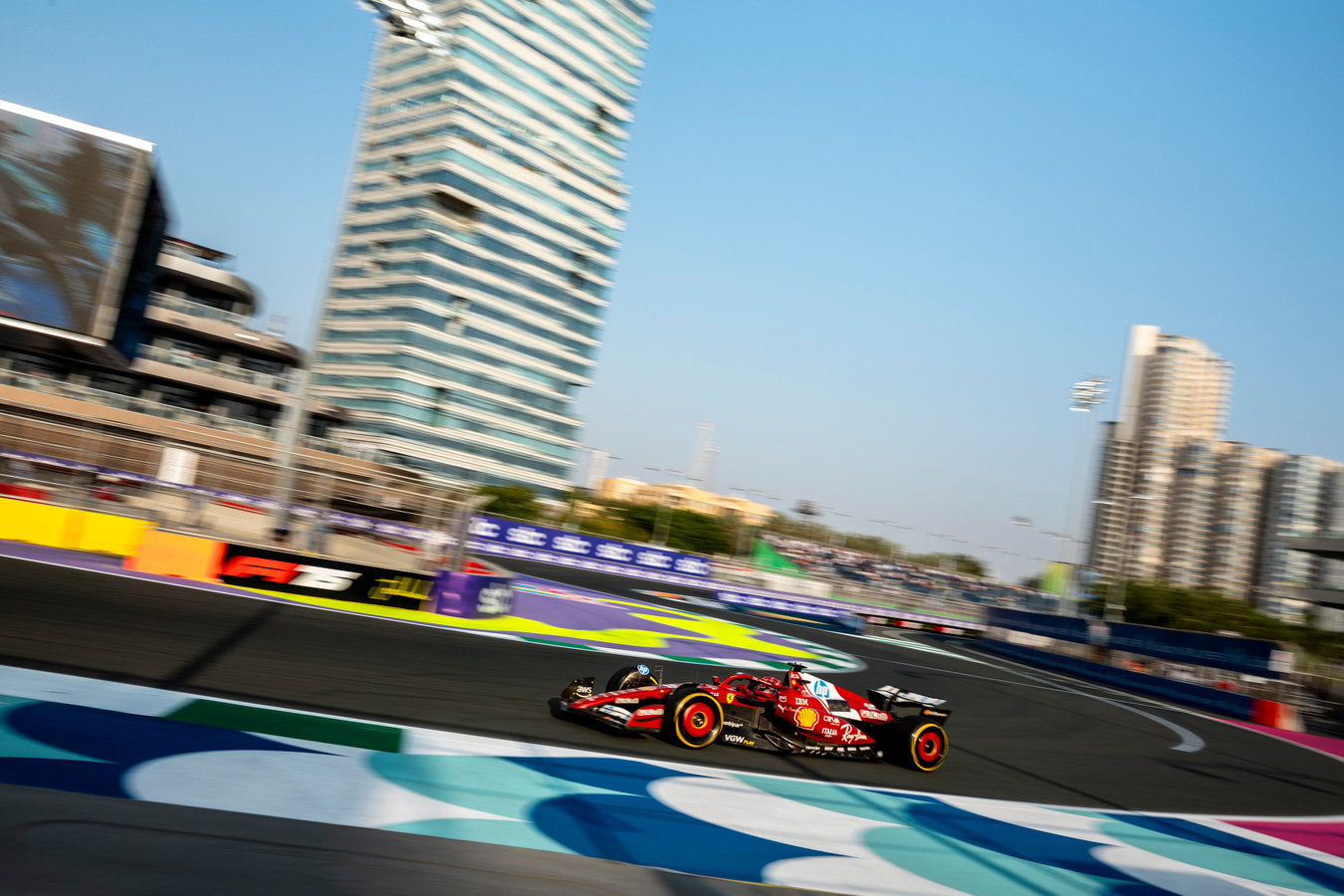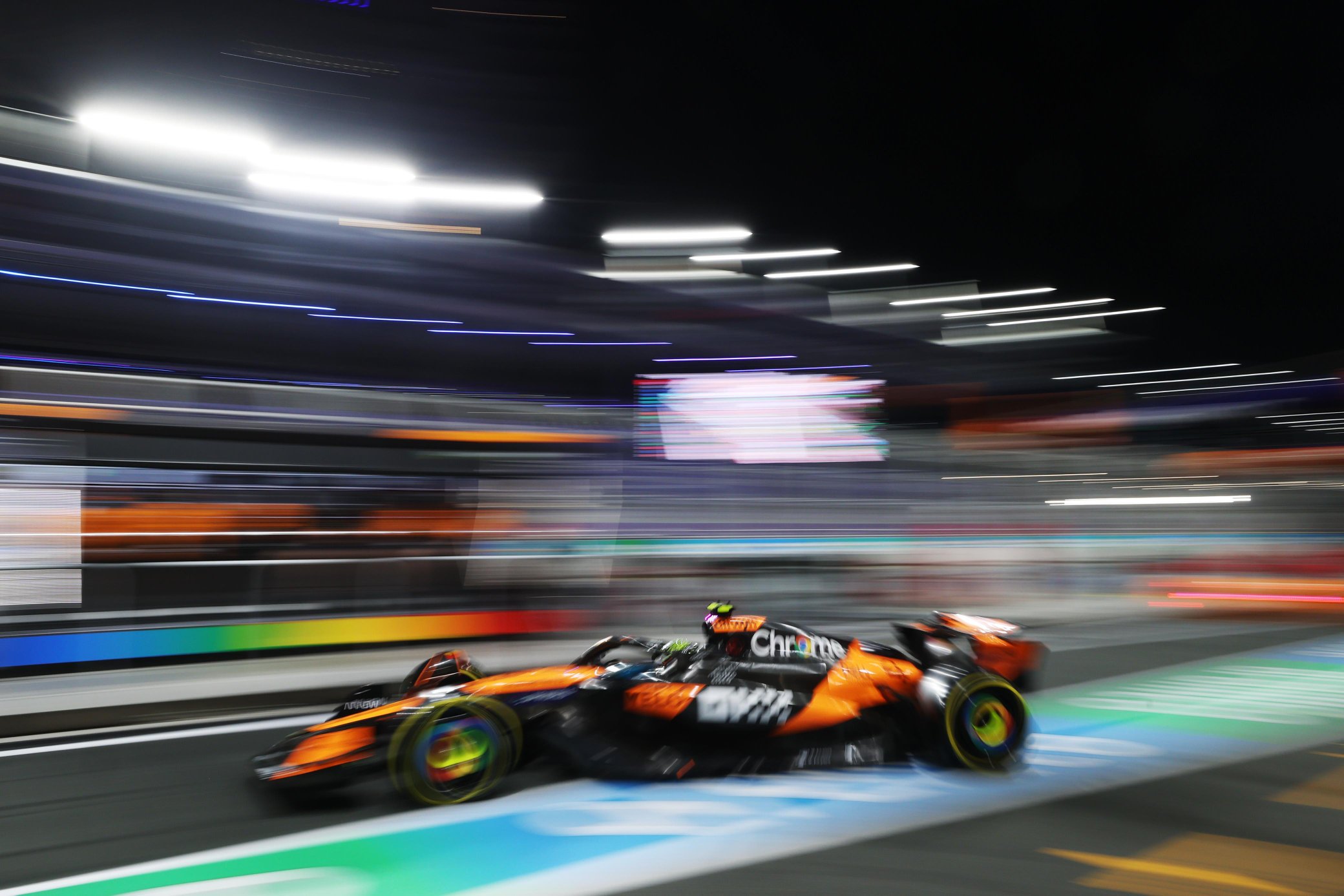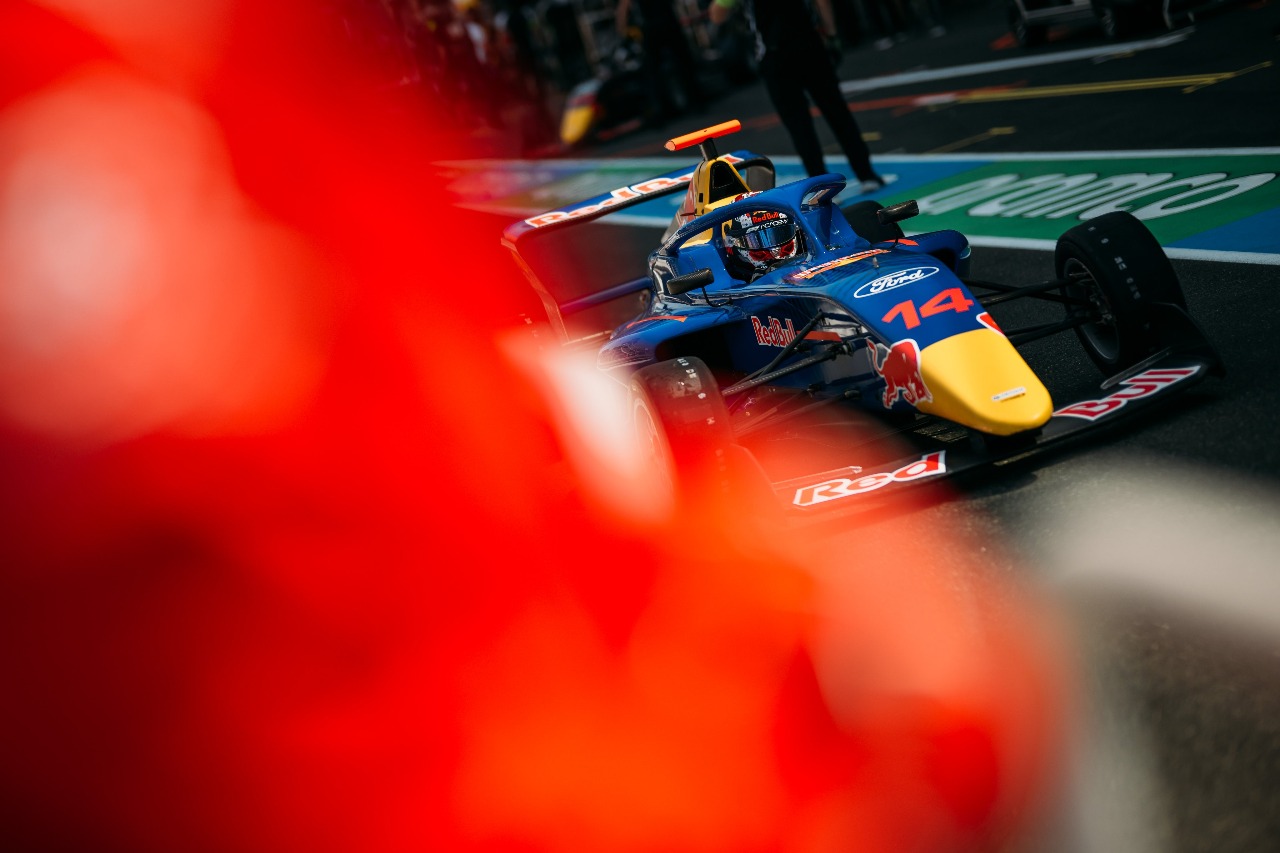Formula 1 is no stranger to high-stakes drama, but recently, it’s the language used by drivers that’s been stirring up controversy — and the potential threat of an F1 radio ban by Mohammed Ben Sulayem
He has voiced concerns about the rising use of foul language in these exchanges. This comes because they’re broadcast live to millions of viewers around the world.
While the intention behind his comments is clear – to protect the sport’s image and ensure it remains family-friendly – there’s an important question at stake: Should these radio messages be censored or removed entirely?
Ben Sulayem has drawn a clear line between motorsport and other forms of entertainment.
“We’re not in the business of rap music, where swearing is part of the culture. Formula 1 is different—we need to keep the standard high and professional.”
His perspective is understandable: F1 is an international, high-profile sport with an audience that spans all ages. And, yes, maintaining a clean, respectable image is important, but does it seem spurious to remove it all together?
In response, the FIA has asked Formula One Management (FOM) to reduce the number of expletive-filled radio exchanges broadcast on TV.
Ben Sulayem confirmed this push, stating, “We’ve allowed more radio communications to be aired, but we still have rules. These rules exist to ensure the sport’s respectability, and they must be followed.
“Do we go on and then shut down the radios of live communications? Maybe. Do we delay it? Maybe,” said the FIA president on Friday.
“There’s a lot of things we will work [on] with our promoters. We are still the owners of the championship.”
This is where the issue becomes tricky. While Ben Sulayem’s concerns are valid – especially when it comes to projecting a polished image of F1 – there’s something fundamentally authentic about the raw emotion that comes with a driver’s live radio message.
Formula 1 isn’t just a race. it’s a battle of skill, strategy, and nerves, and the radio exchanges offer a real-time glimpse into that intense pressure.
At the end of the day, F1 drivers are human, and in the heat of the moment, emotions often run high. A few choice words on the radio are a natural reflection of the stakes and frustration they feel during a race. Removing or censoring these exchanges could risk losing some of the authenticity that fans connect with. F1 is a high-pressure sport, and to sanitise these communications might take away from the raw, unscripted nature of the sport that many people love.
Ben Sulayem also highlighted the role of drivers as ambassadors for the sport, encouraging them to set a positive example.
“They are role models,” he said, “and they must avoid inappropriate behaviour. We want them to set the right tone for fans and to show respect.”
But while promoting respect is important, there’s a fine line between fostering professionalism and stripping away the very human moments that make the sport so compelling.
Ultimately, while you understand the difficulty the FIA faces in trying to balance respectability with the reality of competitive racing, removing or overly censoring team radio exchanges might do more harm than good.
F1’s charm lies in its unpredictability, its high tension, and the personalities behind the wheel – swearing and all. Instead of erasing those raw moments, maybe the sport could find a middle ground. Moments of frustration can remain a part of the broadcast but are presented in a way that’s still respectful to the broader audience.

